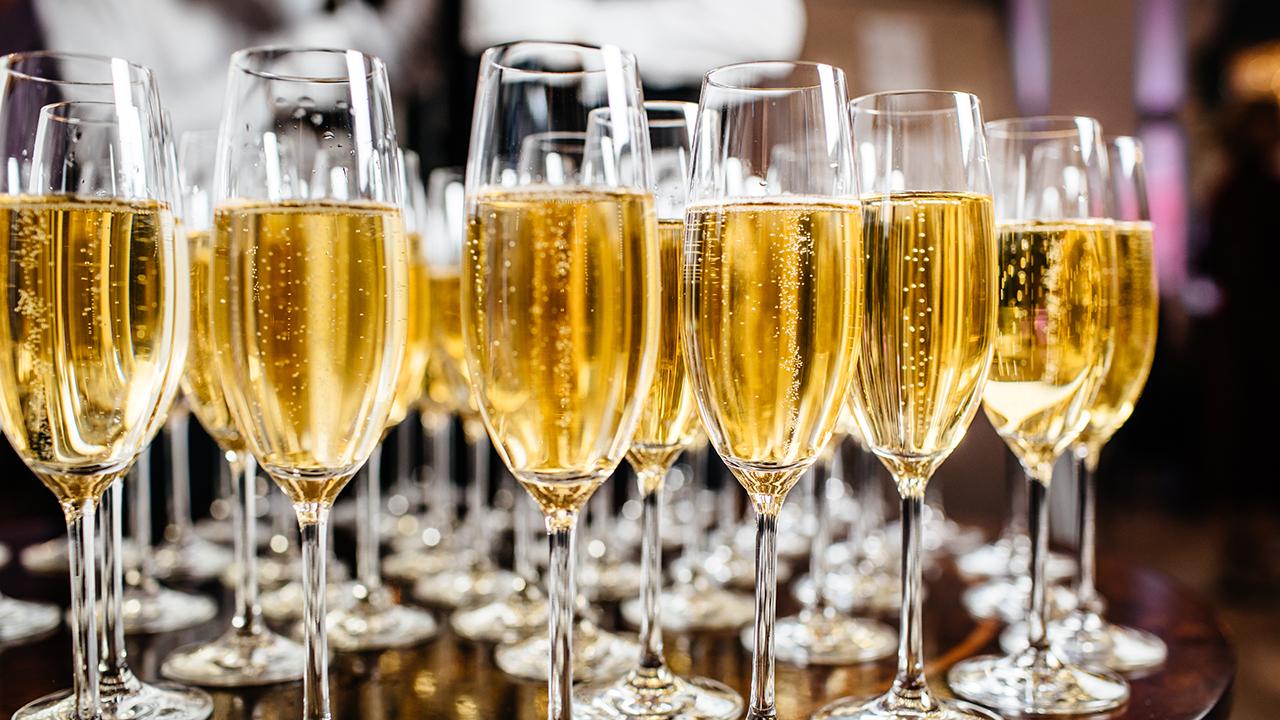Coronavirus pandemic puts cork in champagne sales
Producers expect about 100M bottles to be languishing in their cellars by the end of the year
Champagne is losing its luster amid the coronavirus pandemic.
Producers have faced a slump in sales because of lockdowns and restrictions imposed due to the outbreak of the virus, which essentially put an end to many events where the French luxury wine is typically used.
With fewer festivities and a lack of celebratory group events, producers in France’s eastern Champagne region, headquarters of the global industry, say they’ve lost an estimated 1.7 billion euros ($2 billion) in sales for this year, as turnover fell by a third — a hammering unmatched in living memory, and worse than the Great Depression.
By the end of the year, producers project 100 million bottles to be languishing in their cellars.
"With restaurants and bars closed in all our major markets, and no tourists visiting the region, Champagne sales have just about ground to a standstill," Maxime Toubart, president of the Syndicat Général des Vignerons (SGV), and co-president of the Champagne Committee (known in France as the CIVC), told Wine-Searcher.

Six college roommates/sorority sisters celebrate graduation by popping Champagne. (iStock)
In fact, since the beginning of the crisis, sales were already down 75 percent year over year, Jean-Marie Barillère, president of the Union des Maisons de Champagne (UMC) and co-president of the CIVC, said, according to Wine-Searcher.
Meanwhile, Champagne shipments in 2019 had declined 1.6% compared to 2018 while the market value, estimated at 5 billion euros, grew 2%, according to the CIVC, which represents some 16,000 winemakers.
It marked the second consecutive year, exports, with 52% of total volumes, or roughly 155.9 million bottles, have exceeded the consumption in France and remain buoyant, the CIVC said in a press release, noting that other countries were also seeing slow growth "in line with a troubled global economy."
MAJOR AIRLINES STOP ALCOHOL SALES DURING CORONAVIRUS PANDEMIC

(iStock)
But, experts also indicated that the industry's troubles are far from over.
CUOMO BANS TO-GO ALCOHOL SALES AT NEW YORK BARS, RESTAURANTS
"Just like for the hospitality and tourism industry, the impact on the wine industry will be long term," Toubart said. "There will be casualties in all three Champenois families [growers, cooperatives and houses]."
CORONAVIRUS QUARANTINE SENDS ONLINE ALCOHOL DELIVERY SALES SURGING
Recognizing the urgency of the problem, the CIVC is launching unprecedented damage-limitation measures. Like oil-producing countries, the committee regulates the size of the harvest each year to avoid the kind of excess production that would cause bottle prices to plummet. At a meeting scheduled for Aug. 18, it’s expected to impose a cap so tight that record quantities of grapes will be destroyed or sold to distilleries at discounted prices.
“We are experiencing a crisis that we evaluate to be even worse than the Great Depression” of 1929, said Thibaut Le Mailloux of the CIVC.
GET FOX BUSINESS ON THE GO BY CLICKING HERE
Another problem for major producers is that it's hard to predict when the problem will end.
“It should not be forgotten that [Champagne] has lived through every single war,” said Paul-Francois Vranken, founder of Vranken-Pommery Monopole. “But with the other crises, there was a way out. For now, there is no way out — unless we find a vaccine.”
Vranken said Champagne marketing needs to be re-evaluated to reflect the new normal.
The new branding strategy for his, and other Champagne companies, will seek to highlight the wine’s status as a naturally, and often organically, produced quality drink from a historic French region.
However, there may be some good news for the industry. Although most weddings have been canceled for the remainder of 2020, Damien McArdle, general manager of the Drake Hotel in Chicago told FOX Business's Jeff Flock that they have "shifted 65 weddings from this year to next year.”
“We often open 150-160 bottles of champagne per wedding," he said. "And that can be exceeded easily.”
Weddings have been their biggest market for the drink.
The Associated Press contributed to this report.
This story has been updated to include comment from Damien McArdle of Chicago's Drake Hotel




















